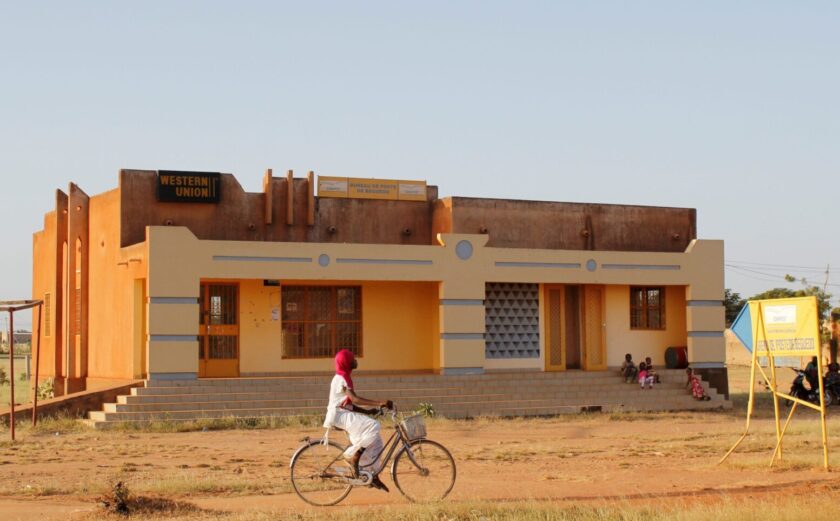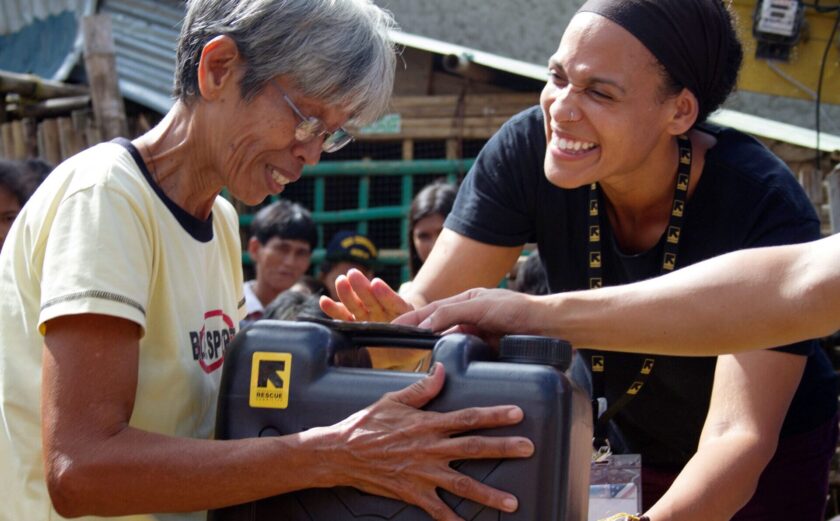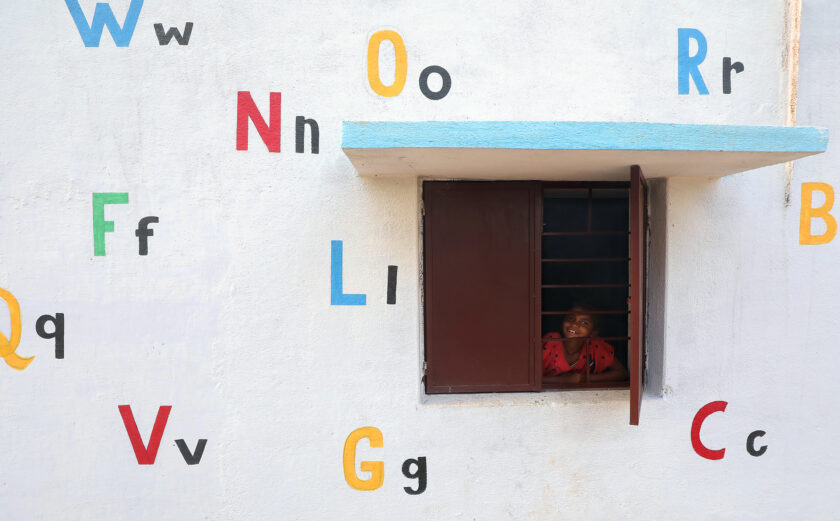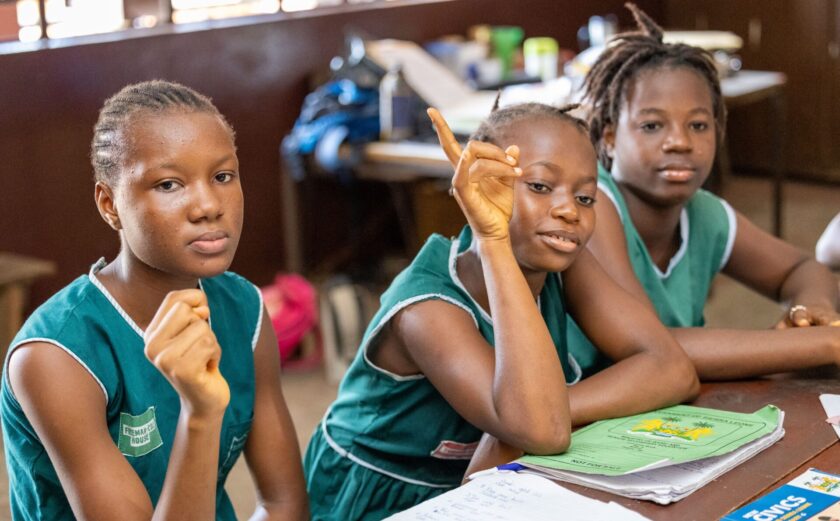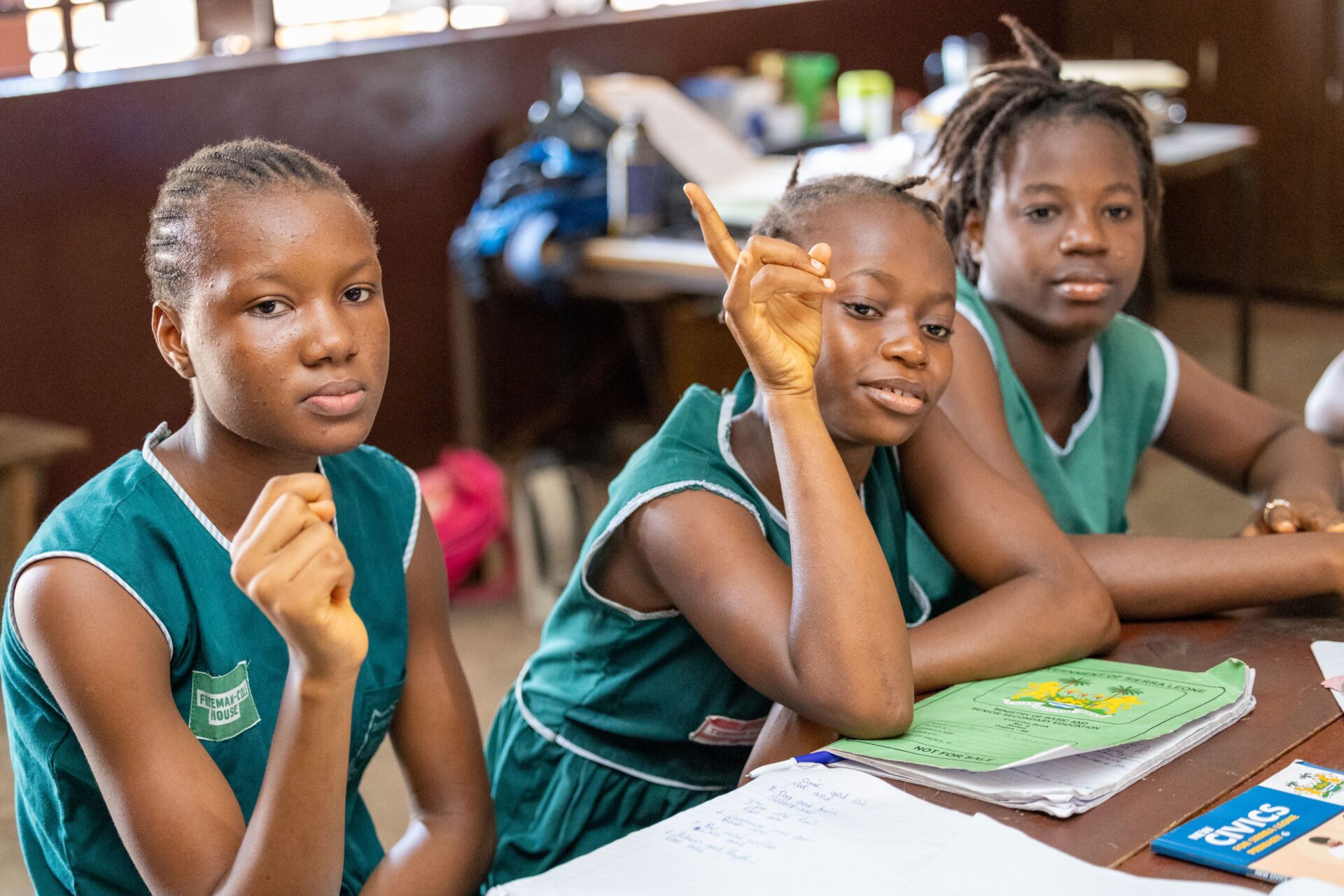
Tech for Development: Sierra Leone’s Path to Educational Excellence
In the heart of Sierra Leone, a remarkable transformation is taking shape. This isn’t a revival born out of strife; rather, it’s a calculated and purposeful initiative aimed at surmounting the nation’s deep-seated educational barriers and inefficiencies.
Quietly and steadily, this technology-driven transformation is marking a turning point, heralding a new era focused on enhancing educational access and quality—addressing one of the nation’s most urgent challenges.
Challenges
Situated on the southwest coast of West Africa, Sierra Leone is home to over seven million people who face numerous challenges, chief among them a high adult illiteracy rate. According to UNICEF’s 2021 report, more than 57% of residents aged 15 and older are unable to read and write.
These challenges are more acute in rural areas where schools lack facilities, trained teachers, and essential materials. Societal norms and economic hardships further compound these issues, resulting in higher dropout rates, especially among girls, often due to poverty, early marriage, or pregnancy.
A Bold Response
In 2018, the government of Sierra Leone earmarked an unprecedented 22% of the national budget for education. The following year, the National Policy On Radical Inclusion in Schools was announced, resulting in a 33.9% increase in school enrollments within a single year.
“However, this rapid increase in enrollments brought a critical issue to light,” noted Hannah Graham, Managing Director of CGA Technologies, an organization that uses technology for human development. (Corus International, where I work, is the parent organization of CGA Technologies.)
“The absence of a comprehensive data system for collecting essential information about teachers, individual students, and their unique requirements posed significant challenges in effectively assessing and managing the outcome of these educational initiatives,” Graham added.
“Wi De Ya”
The solution came in the form of a simple, yet highly effective school monitoring tool (app) called Wi De Ya (“We Are Here” in Krio). Launched in April 2023, the app was initially rolled out across 300 primary schools in 16 districts, encompassing 107,000 students.
The app, developed by CGA Technologies and commissioned by local authorities, was pre-loaded with data from existing government records and designed to streamline school administration. Upon its launch, school leaders were tasked with recording individual teacher and student information and tracking daily attendance. The data is then uploaded and made available online through a series of auto-generated dashboards and graphs for analysis by education officials.
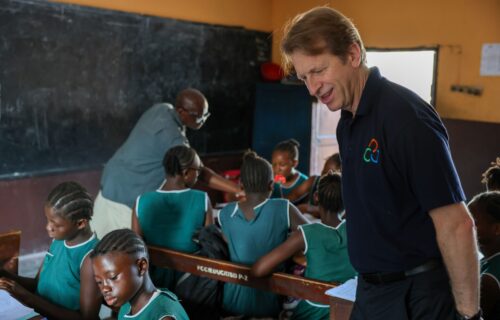
This data enables them to make informed decisions regarding budget allocation, teacher deployment, learner needs, and necessary adjustments to further enhance the impact of the new strategy.
Impact and Insights
Within three months of its launch, the app provided insights that proved critical for authorities in facilitating the successful implementation of their new education drive. Key numbers include:
- In schools participating in the Wi De Ya program, 51% of payroll teachers were absent from their assigned schools even though they remained on the payroll, and 1,169 teachers were transferred to other schools without the necessary authorization.
- 43% of primary school teachers, including 11% of school leaders, were not listed on the government payroll, prompting questions about their qualifications and ability to deliver quality education and ensure child protection.
- Teacher attendance averaged 75%, while student attendance was at 80%. Notably, the attendance rate for pregnant learners was significantly lower, at only 52%.
In a country where 101 out of every 1,000 girls aged 15-19 give birth, often resulting in a massive number of unreported school dropouts, the statistics highlighted several key areas underscoring the importance of data for critical budget and policy adjustments.
Transformative Results and Future Plans
“It was a game-changing revelation,” Graham remarked. “What gets measured gets managed. The data has proven essential for authorities in solidifying educational transformations, accurately assessing needs, allocating funding, and deploying the workforce.”
Moreover, the mere idea of being monitored has significantly reduced absenteeism at schools. Since the app’s launch, 96% of schools in the Wi De Ya system have reported improvements in teacher attendance, while 90% have observed enhanced punctuality and student attendance.
Currently, plans are underway to roll out the app nationwide, encompassing all 4,500 government primary schools. In addition to improving attendance, the app has the potential to be developed to include exam tracking and monitoring of educational progress.
Securing a Better Tomorrow
CGA Technologies has a proven track record of aiding governments in attaining educational objectives by employing innovative technology for development. In a comparable initiative run from 2014 to 2020, school enrollment in South Sudan tripled, with girls’ enrollment increasing from under 40% to over 49%.
Early indications show that Wi De Ya is having a similarly positive effect in Sierra Leone. “The results are tangible,” noted Conrad Sackey, Sierra Leone’s Minister of Education. “Our new strategy isn’t just about improvements; it’s about ensuring a sustainable future where no one is left behind. Wi De Ya plays a critical role in empowering this transformation.”
More broadly, this transformation serves as a model for the successful use of technology for development across various areas and sectors facing transparency and productivity challenges—not just in Sierra Leone, but across the globe.
—
About the Author
Muhammad Tahir is the Senior Manager for Media and Public Relations at Corus International, the parent organization of CGA Technologies. Corus International is an InterAction Member organization.
The views expressed in this blog are the author’s own.
